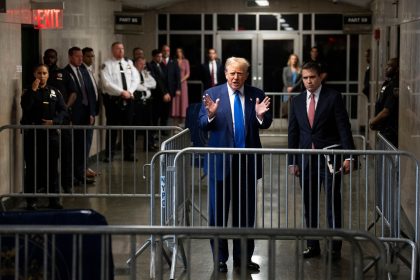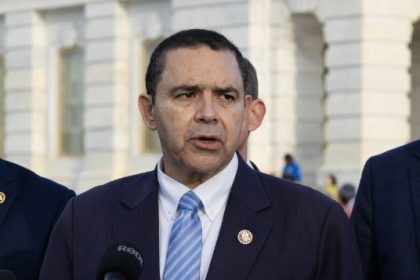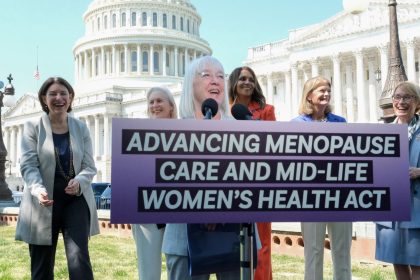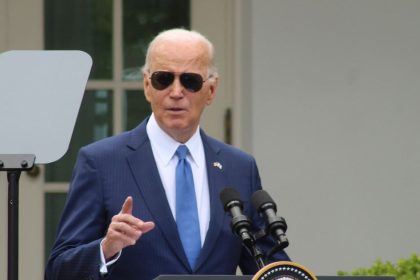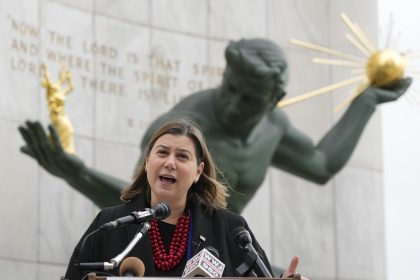US Bans Government Funding of Cultural Exchanges with Cuba, Other Nations

The White House has banned government agencies from funding educational and cultural exchanges with Cuban, Syrian, Russian and North Korean government entities and officials as part of the Trump administration’s efforts to halt people trafficking in those countries, according to a memorandum sent to the State Department.
“The United States will not provide non humanitarian, non trade related assistance to, or allow funding for participation in educational and cultural exchange programs by officials or employees of, the Governments of Cuba, the Democratic People’s Republic of Korea (DPRK), Russia, and Syria for FY 2020,” said the note, signed by President Donald Trump.
The presidential directive conditions those funds on those countries complying with the minimum standards of the Trafficking Victims Protection Act of 2000 or making “significant efforts to bring themselves into compliance with minimum standards.”
The U.S. government has been stepping up pressure on the Cuban government to abandon its principal ally and benefactor, the Nicolas Maduro regime in Venezuela. Washington believes Cuba is Maduro’s principal support, and that without it there would be an easier path to democracy in Venezuela, a nation suffering through the worst crisis of its history.
But the White House order does not block local or state governments from continuing to bring Cuban artists or to fund different types of cultural and educational exchanges with the island. It also has no impact on private promoters who bring Cuban musicians to the United States for concerts.
A State Department official told the Miami Herald that the new sanctions were linked to a more negative evaluation of Cuba as part of the U.S. government’s annual report on exploiting workers. The report, issued in June, put Cuba in the worst category of countries that don’t do enough to combat trafficking. Washington accuses Havana of grave violations of the labor rights of Cuban doctors sent to more than 65 other countries under official agreements.
The Trump administration decision will affect entities that receive federal funding and maintain exchanges with the Cuban government. In the past, the National Endowment for the Arts spent more than $100,000 to promote exchanges between Cuban and U.S. artists. Other government agencies sponsored events that involved Cuban government enterprises or officials during the Obama administration.
Cuba-U.S. cultural exchanges have been harshly criticized by some Cuban exiles, who complain they provide revenues to the island government. Cuban state agencies act as representatives of the artists and pocket more than half the funds earned during presentations abroad, a system similar to those used on Cuban doctors, academics and laborers who go abroad on “international missions.”
The revenues from those types of services are the main source of hard currency for the Cuban economy. Last year, Cuba reported earning more than $6 billion from such international missions. International human rights organizations have criticized those arrangements, branding them as “modern slavery” and “people trafficking.”
The White House also ordered U.S. officials in international financial organizations such as the International Monetary Fund to block any type of loans that could benefit the governments of Cuba and other nations it believes are guilty of people trafficking.
The United States will make exceptions for those loans designed to satisfy “basic human needs” and “development assistance.”
Orlando Gutierrez Boronat, head of the Miami-based Cuban Democratic Directorate, endorsed the White House measures and dismissed the idea of U.S.-Cuba cultural exchanges.
“There’s never been cultural exchanges. It has been a one-way export of culture by the Castro regime,” he told the Herald. U.S. sanctions “point in only one direction. The normalization of relations between Cuba and the United States can only take place after the end of the repression, the return of freedoms for the Cuban people and free multiparty elections.”
The Miami commission approved a resolution in June condemning cultural exchanges with Cuba and banning the use of local government funds for such events.
“This resolution asks the federal government to end the cultural exchanges and gives us all the powers possible so that we, as a local government, can keep artists from the island from using public resources,” city Mayor Francis Suarez said at the time.
Rick Herrero, director of the Cuba Study Group, said he believes “the government wants to produce headlines that it is increasingly sanctioning Cuba without in reality doing anything of consequence.”
“These measures try to bar activities that are either not happening or are already illegal under the Helms-Burton law,” said Herrero, who opposes ending the cultural exchanges with the island.
“We had cultural exchanges with Cuba shut down for many years, and that did not help civil society or the Cuban people,” he said. “It also did not damage the government at all. To think that it would now have a different result is absurd.”
———
©2019 Miami Herald
Visit Miami Herald at www.miamiherald.com
Distributed by Tribune Content Agency, LLC.

















